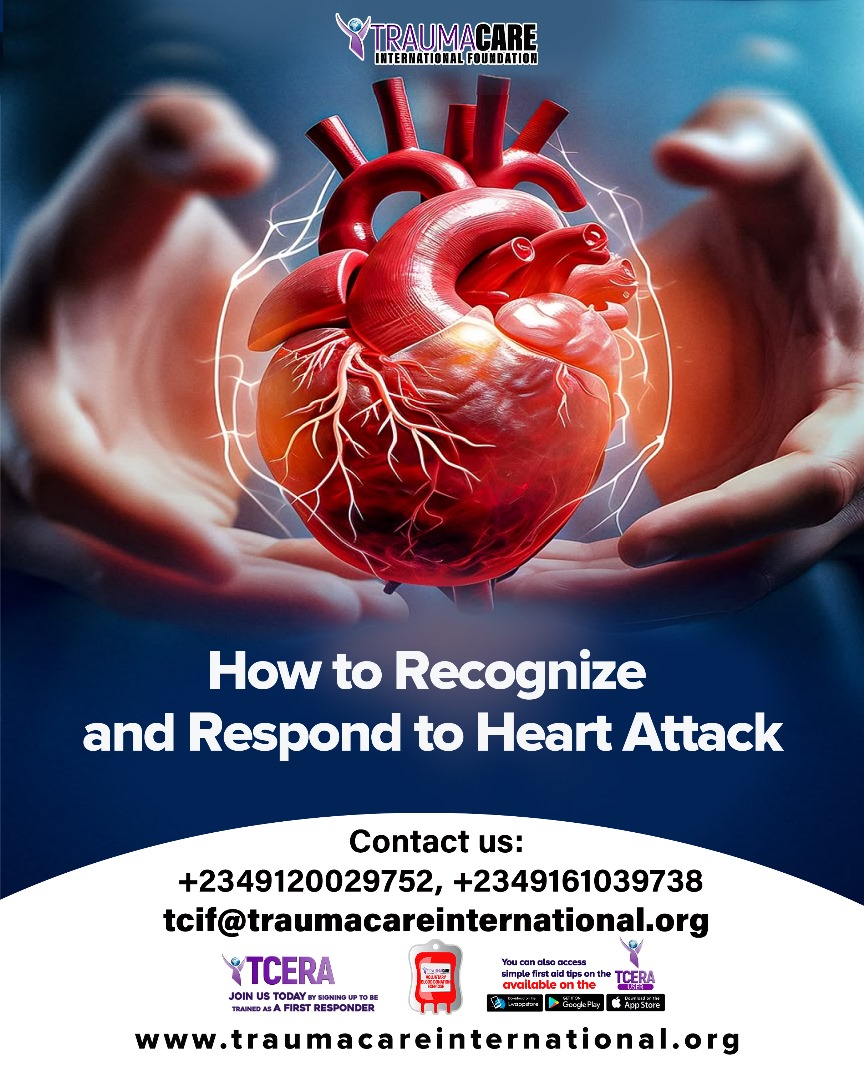Recognizing a Heart Attack
A heart attack (myocardial infarction) occurs when blood flow to the heart is blocked, often by a blood clot or plaque buildup in the coronary arteries. Recognizing the symptoms early and responding quickly can save lives. Symptoms can vary between individuals, and some may experience mild or atypical signs.
Common Symptoms of a Heart Attack:
Chest pain or discomfort: A feeling of pressure, squeezing, fullness, or pain in the center or left side of the chest that lasts more than a few minutes or goes away and returns.
Upper body discomfort: Pain or discomfort in one or both arms, the back, neck, jaw, or stomach.
Shortness of breath: This may occur with or without chest pain.
Cold sweat: Sudden, unexplained sweating.
Nausea or vomiting: More common in women.
Lightheadedness or dizziness: Feeling faint or suddenly weak.
Fatigue: Unusual or extreme tiredness, especially in women.
Atypical Symptoms (more common in women, elderly, or those with diabetes):
Mild or no chest pain.
Flu-like symptoms, such as nausea, indigestion, or abdominal pain.
Unexplained anxiety or a sense of impending doom.
Note: Symptoms can be subtle or sudden. Women, older adults, and people with diabetes may have less obvious signs. If you suspect a heart attack, act immediately, even if symptoms are mild or unclear.
Responding to a Heart Attack
If you or someone else is experiencing heart attack symptoms, follow these steps immediately:
Call Emergency Services (e.g., 911 in the U.S.):
Stay Calm and Rest:
Take Aspirin (if advised):
Monitor and Prepare for CPR:
Avoid Food or Drink:
Stay with the Person:
Prevention and Preparedness Tips
Know the Risk Factors: High blood pressure, high cholesterol, smoking, obesity, diabetes, family history, and a sedentary lifestyle increase heart attack risk.
Learn CPR: Take a certified CPR course to be prepared for emergencies.
Keep Emergency Numbers Handy: Save local emergency numbers and know your nearest hospital.
Discuss Medications: Talk to your doctor about whether carrying aspirin or other emergency medications is appropriate for you.
Healthy Lifestyle: Maintain a balanced diet, exercise regularly, manage stress, and avoid smoking to reduce risk.
When to Seek Help
Act immediately if symptoms last more than a few minutes or feel unusual.
Even if you’re unsure, it’s better to call emergency services than to wait. Early treatment (within the first hour) significantly improves survival rates.





What do you think?
0 Responses
To Comment, you must Sign In
Be the First to Post on this Topic